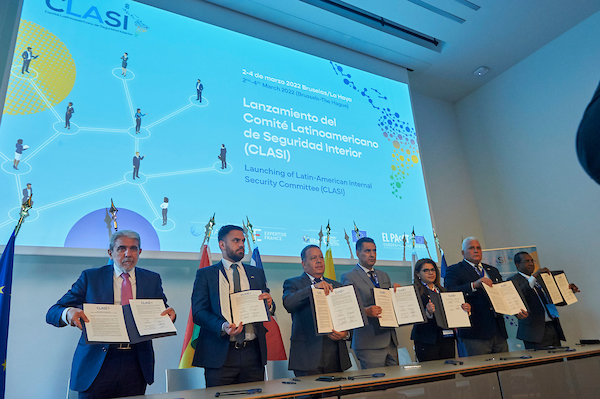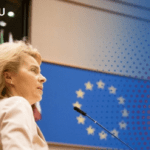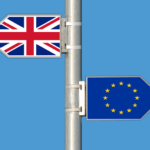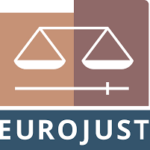They have signed in Brussels the political declaration to form CLASI, a Committee promoted by the EL PAcCTO to coordinate public policies against crime in Latin America

The Brussels meeting was attended by high-level representatives from seven Latin American countries (Argentina, Bolivia, Costa Rica, Dominican Republic, Ecuador, El Salvador and Panama). All of them signed the political declaration that marks the beginning of the creation of CLASI, the Latin-American Internal Security Committee, which has been promoted by the European Union’s programme EL PAcCTO. CLASI is inspired by the European model of COSI (Standing Committee on Operational Cooperation on Internal Security) and will articulate common public policies in Latin America. The participating countries are committed to coordinating their actions to address the region’s security problems.
Jolita Butkeviciene, director for Latin America and the Caribbean of the Directorate-General for International Partnerships in European Commission. She stressed that the signing is an important milestone for the countries of Latin America, but also for the European Union “because we are strengthening our role as a strategic ally in the areas of justice and peace”. Butkeviciene assured that “the European Union is ready to be the preferred partner of Latin America and the Caribbean in matters of justice and security”. To this end, the EU will launch the “Team Europe” initiative. “With the Team Europe Initiative on Justice and Security we want to offer to Latin America and the Caribbean an effective partnership on strengthening the rule of law and fight against transnational organised crime in all their dimensions based on shared values and in the future, a process of defining joint political priorities and embarking on joint operations.
Brian Glynn, managing director for the Americas of the European Union’s External Action Service, said: “The signing of the declaration is a reflection of Latin America’s desire to engage with Europe to achieve greater security for all. We know that security challenges are global and the only way to tackle them is through regional and international cooperation. The signing of this declaration I believe will take our partnership to a higher level. We commit ourselves to dialogue not only at the technical level, but also at the political level.
The Minister of Security of Argentina, the country that will assume the first rotating presidency of CLASI, said that “the reality is that we need Europe as much as the rest of America because we have similar problems. We can help each other”.
By signing this political declaration, the seven Latin American countries commit themselves to “promote, whenever possible, a close articulation of our actions, national strategies and public policies in the fight against transnational organised crime, as well as to encourage the involvement of other Latin American states”.
What is CLASI?
CLASI is a political and technical informal dialogue structure between high-level security policy officers of the Latin-American countries with a very concrete and operational orientation. The objective is to gather these officials on a regular basis in order to jointly define strategies and articulated public policies against transnational organized crime
EL PAcCTO will accompany the process of setting up CLASI until it works autonomously. European and Latin-American specialists have contributed to the drafting of internal regulation endorsed by the Latin American countries. Therefore, CLASI will be supported in the definition of working plans and good practices for the definition of priorities, shared strategies and policies
Currently, 12 Latin-American countries have expressed their interest to be part of CLASI: Argentina, Bolivia, Brazil, Chile, Costa Rica, Ecuador, El Salvador, Mexico, Panama, Paraguay, Peru and Dominican Republic.






Leave a Reply